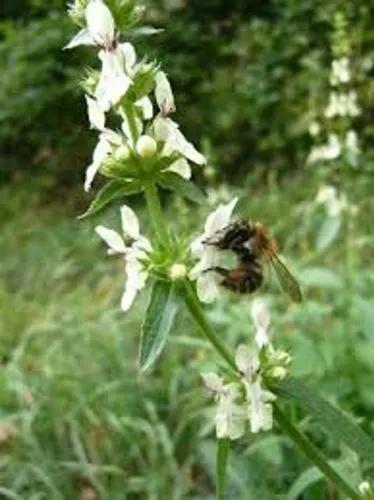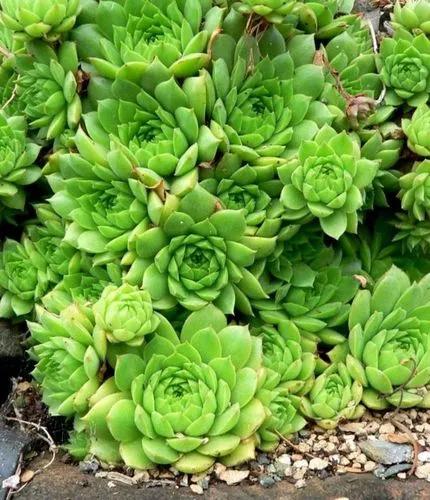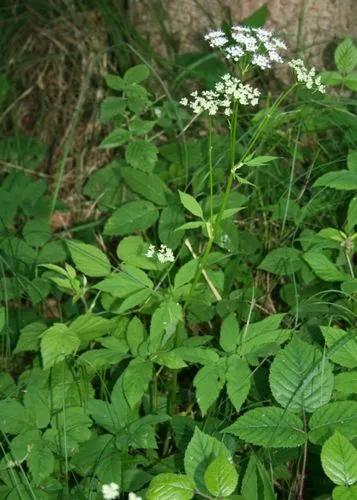Hedychium coronarium (white garland-lily or white ginger lily) is a perennial flowering plant in the Zingiberaceae (ginger) family, native to the Eastern Himalayas region. It is commonly cultivated in warm regions of the world as an ornamental.
White Ginger Care
Hedychium coronarium



Hedychium coronarium can grow approximately 5’’ feet high and have a 5’ foot spread. The individual stems grow upright at a fast rate and start covering the area around it. The foliage consists of large, lance-shaped leaves, around 24” inches long and 5” inched wide. The leaves are medium to bright green in color. The garland flower puts on a beautiful display of showy, fragrant white blooms, borne on elliptical racemes. Each Hedychium inflorescence is about 4” – 8” inches long and blooms from late summer to early spring. The flowers are sweetly fragrant and are often used to make perfumes. The petals make up an intricate shape similar to the shape of a butterfly.
How to Care for the Plant

Water

The garland flower has medium to wet water needs, meaning they need to be watered frequently in hot and dry summers. Don’t let the soil dry out completely as it can cause damage to the plant.

Fertilizer

Fertilize monthly with a general-purpose fertilizer according to the manufacturer's instructions. For example, mix 1 tablespoon of fertilizer in 1 gallon of water and water it into the soil around the base of the plant.

Sunlight

The white garland lily thrives in full sun but will tolerate part shade.

Soil

Besides having good moisture retention, the soil should also be organically rich, moist, and well-drained. The soil shouldn’t be too alkaline. The pH should be near neutral or slightly acidic. A 2-inch layer of mulch around the plant will aid with moisture.

Temperature

They prefer hot and humid summers and subtropical climates over cooler climes. They need to be overwintered indoors to prevent root damage. They can be grown in the areas with the lowest winter temperatures of −12.2°C (10°F).

Popularity

856 people already have this plant 151 people have added this plant to their wishlists
Discover more plants with the list below
Popular articles






